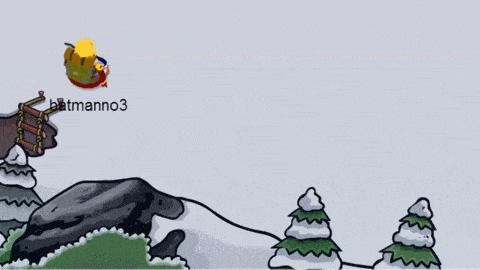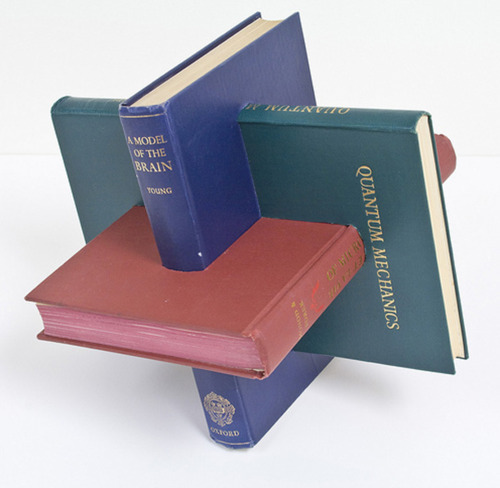Hi Interwebs,
So if you don’t know the new iPhone recently entered the market, which once again brought on an onslaught of hate from Android/non-iPhone users. Now I am an iPhone user, and I do own many apple products, but I don’t understand why there is this war between mobile brands. I don’t necessarily believe that apple products are better than Samsung products, it’s just a personal preference of what type of system I find most comfortable.
I know people who find samsung’s interface easier to use, but I also know that for me personally I can only use iOS because that was the system I grew up with. Not saying that I can’t change but hey why fix something that isn’t broken? I also have a friend who begun as an iPhone user but eventually switched to Android because she thought that they worked better, however there are also those who tried to use an Android and complained that the phone crashed or just didn’t work out for them.
Both phones have their pros and cons, why do people constantly try and compare them? Why can they just be happy that they have a phone that works? Jesus people are so hard to please. I mean, I understand that iPhones are expensive and that the basis of their sales are due to the advertising but that doesn’t mean that iPhones are shitty phones. That doesn’t necessarily mean that Android’s are better or worse then they are. Here’s an idea: They’re both just different phones. Everyone thinks differently and I honestly believe that the more different brands of mobile phones out there the better, so now everyone can pick a phone that is more suited to the way they think and also their budget. No everyone can afford an iPhone and so it is true that Android provides some more affordable alternatives. Doesn’t mean apple will stop making iPhones and it doesn’t mean that people will stop buying them.
Of course there are some hardcore apple fanatics out there who will buy any apple product, but so what? If they have the money to do so then why are you telling what they can and can’t use it on? You have an android? Cool. They have an iPhone? Alright, you’re not the one paying or using it. CHILL.




